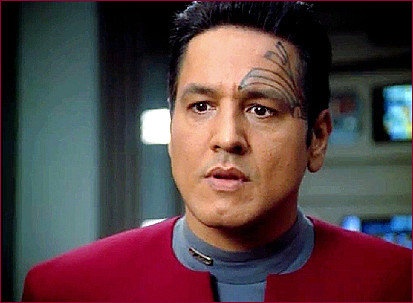Starborn Dragon
Captain
So this was inspired by this line:
Well, how can we know we do have a soul?
And what about clones? Would they have a soul?
And why would a soul be necessary for human existence?
And what about Data?
And would only humans have souls?
What about the Founders and their goo? Would that be a good physical body to house a soul if they exist?
What about the Horta? Does it have a soul because it is a mineral based life form or is only flesh based life forms capable of having a soul?
These are questions I have no answers for.
So I present them to you.
"You can create people without a soul??"
Well, how can we know we do have a soul?
And what about clones? Would they have a soul?
And why would a soul be necessary for human existence?
And what about Data?
And would only humans have souls?
What about the Founders and their goo? Would that be a good physical body to house a soul if they exist?
What about the Horta? Does it have a soul because it is a mineral based life form or is only flesh based life forms capable of having a soul?
These are questions I have no answers for.
So I present them to you.

 )
)

